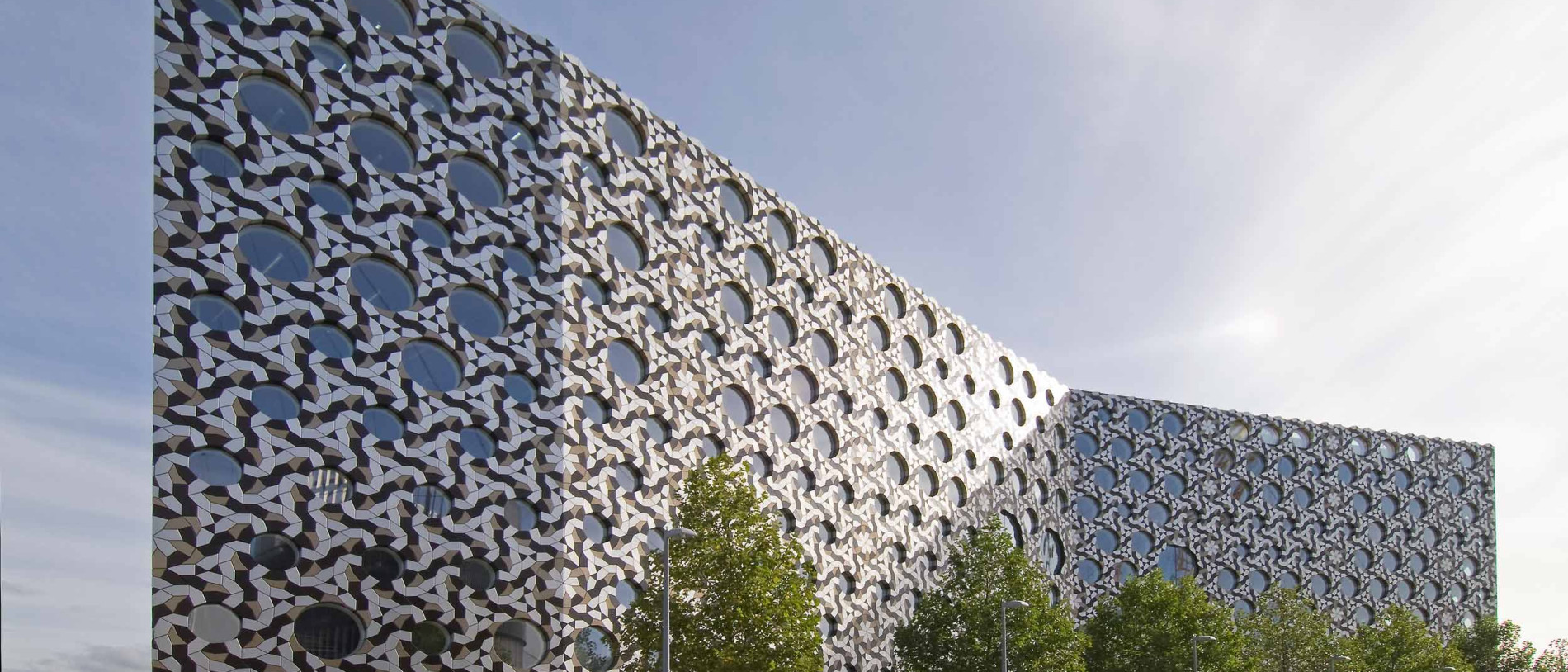

Ravensbourne University London
Digital Photography
Study detals
: Master's degree : MA (Hons) Digital Photography : Full time : 12 MonthRequirements
- IELTS (Academic): 6.0 overall and a minimum of 5.5 in each component: reading, writing, speaking, listening.
- TOEFL iBT (Academic): 72 points overall with minimum Reading 18, Listening 17, Speaking 20, Writing 17
- International Baccalaureate:
English B / English A: Language and Literature / English A: Literature / English Literature and Performance - Standard or Higher-Level Grade 5 - Cambridge Certificate of Proficiency in English (CPE)/ C2 Proficiency & Cambridge Certificate of Advanced English (CAE) / C1 Advanced:
169 overall with 162 in each component
Speciality
Choose between the option of a Master of Fine Art (MFA) or Master (MA), choose one which suits you best.
This course is subject to validation
Additional information
About:
Explore contemporary and commercial photography and develop both practical and academic skills to enhance your existing practice across print, screen and experiential mediums.
Degree overwiew:
Why study this MFA/MA Digital Photography master's?
- Benefit from the university’s strong links to industry and the reputation of the BA (Hons) photography course
- Take a contemporary look at the relationship between photography and technology and the future of the digital image
- Innovate your existing practice with the application of emerging technologies
- Develop and enhance your skills within as a series of diverse projects
- Build an impressive body of work which showcases the breadth of your abilities
On this MA/MFA Digital Photography course in London, UK, you will look at image making as a modern platform for communication and explore the role that technology plays in shaping the industry, both in the present and future. You will examine relevant media platforms and formats to explore the dissemination and distribution of the digital image. Your work will integrate traditional lens-based practices with the contemporary, delving into the likes of computational photography, artificial intelligence (AI), machine learning and augmented reality (AR). You will develop and enhance your skills within a series of diverse projects that run through the course. The variety of the modules will enable you to work within a commercial environment, utilise recognised strategies and workflows and create a body of work that showcases the breadth of your ability and potential. The course benefits from the university's strong industry reputation and places an emphasis on innovation. It will enable you to develop a more independent approach to study and to gain a greater understanding of the industry and the various career pathways within it.